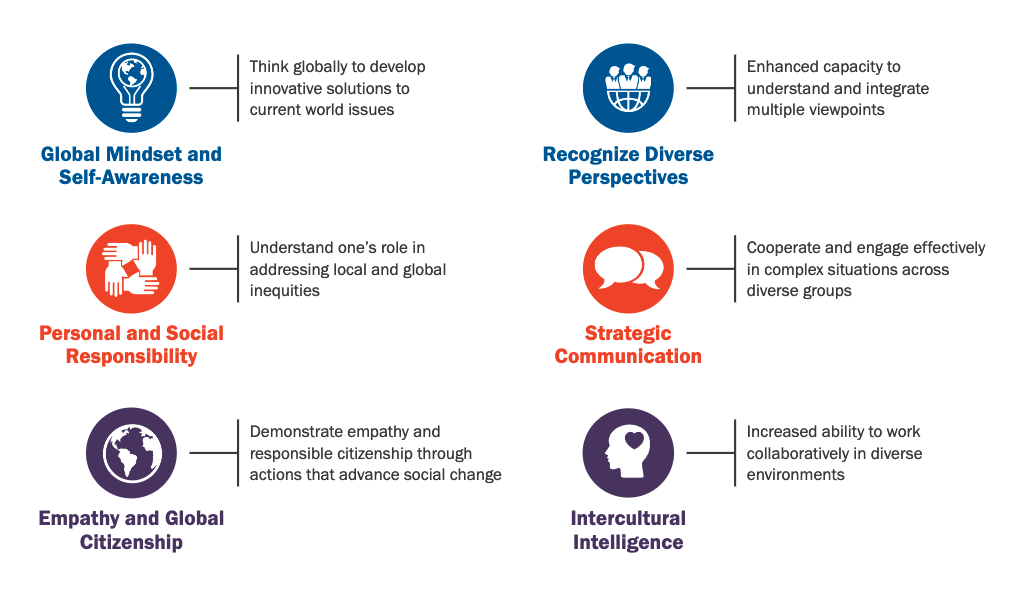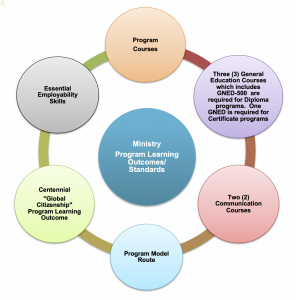Program Learning Outcomes and Curriculum
Your program curriculum is designed to ensure graduates acquire the essential skills, knowledge, and attitudes appropriate and relevant to both the needs of students and employers.
Program Vocational Learning Outcomes
Program vocational learning outcomes describe what graduates of the program have demonstrated they can do with the knowledge and skills they have achieved during their studies. The outcomes are closely tied to the needs of the workplace. Through assessment (e.g., assignments and tests), students verify their ability to reliably perform these outcomes before graduating.
The program vocational learning outcomes for this program are:
- Select and use appropriate photographic equipment and techniques to capture quality images of a variety of subjects, in studio and on location.
- Use post-production techniques to edit and finish images in formats that meet industry standards and the needs of the client.
- Create lighting schemes using appropriate techniques, equipment and accessories to produce quality images that meet the needs of the client.
- Employ design elements and principles to plan and create visually sound images.
- Complete all work in a professional and ethical manner and in accordance with legal requirements applicable to the photography industry.
- Develop strategies to maintain currency with evolving photography trends, issues, technologies and industry practices to enhance work performance and guide professional development.
- Select and use digital asset management tools and strategies to catalogue, store, back up, retrieve and archive images and prints.
- Use business planning and administrative skills to support and maintain a photography business.
- Use a variety of marketing tools and strategies that effectively promote photographic products and services.
- Develop and present a professional portfolio that illustrates one’s creative approach and image conception, capture, editing and production skills.
Essential Employability Skills Outcomes
Essential Employable Skills (EES) are skills that, regardless of a student’s program or discipline, are critical for success in the workplace, in day-to-day living, and for lifelong learning. Graduates will reliably demonstrate abilities in six skill categories:
Global Citizenship and Equity Learning Outcomes
There are six Global Citizenship and Equity (GCE) learning outcomes integrated into Diploma and Advanced Diploma programs as a component of Centennial’s Signature Learning Experience (SLE). The SLE reflects the College’s promise to provide students with a distinctive and inclusive educational experience that builds on a foundation of global citizenship, equity, and social justice. Certificate and Graduate Certificates also include at least two GCE learning outcomes. The GCE learning outcomes are:
- Identify one’s role and responsibilities as a global citizen in personal and professional life.
- Identify beliefs, values and behaviours that form individual and community identities and the basis for respectful relationships.
- Analyze issues of equity at the personal, professional, and global level.
- Analyze the use of the world’s resources to achieve sustainability and equitable distribution at the personal, professional, and global level.
- Identify and challenge unjust practices in local and global systems.
- Support personal and social responsibility initiatives at the local, national, and global level.
Global Citizenship and Equity Portfolio
As a component of the SLE, Diploma and Advanced Diploma program students will complete the Global Citizenship and Equity (GCE) Portfolio. Building the GCE Portfolio is a process of documenting your GCE learning. Each item selected for inclusion in the portfolio demonstrates growth and understanding of Global Citizenship and Equity within your program of study.

Students are encouraged to develop their GCE Portfolio beginning in their first semester. You will add artifacts from coursework and accompanying reflections as well as artifacts arising from co-curricular activities, volunteering, etc. to your portfolio as you progress through the program. You are encouraged to use the ePortfolio tools available on eCentennial, as well as to develop an online professional portfolio presence through LinkedIn and/or other personal websites/blogs.
Curriculum Frameworks
Your program has several key components that you are required to follow. The provincial government requires Ontario colleges to create programs using the components related to the skills required for your field of study, general education to
increase your knowledge, and essential employability skills. To these building blocks, we have added our own Signature Learning Experience to learn about Global Citizenship and Equity. Below is a diagram that shows the different components of your program.


